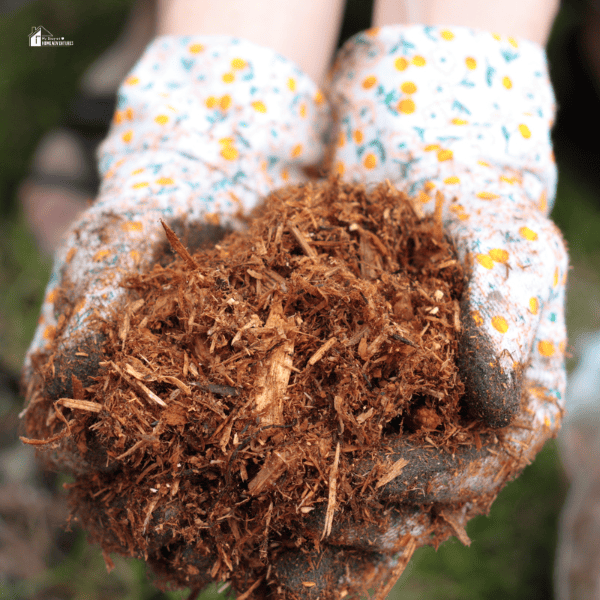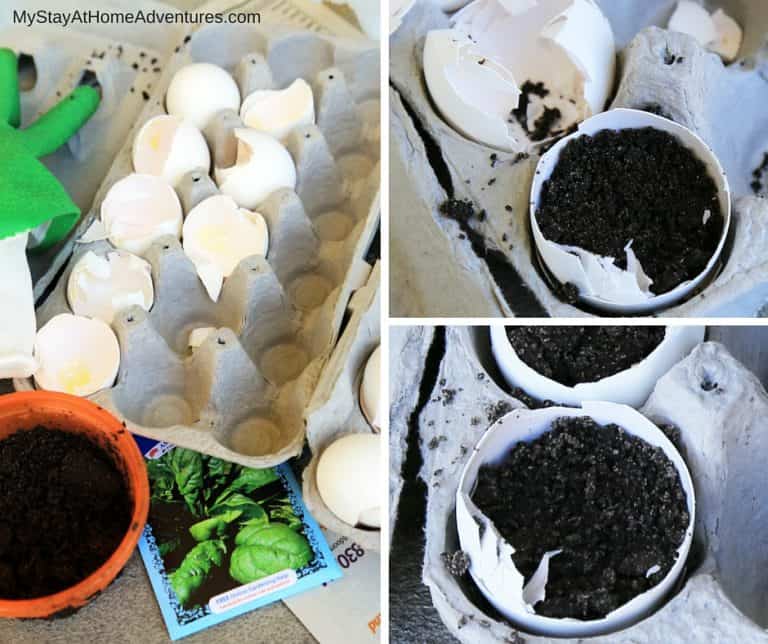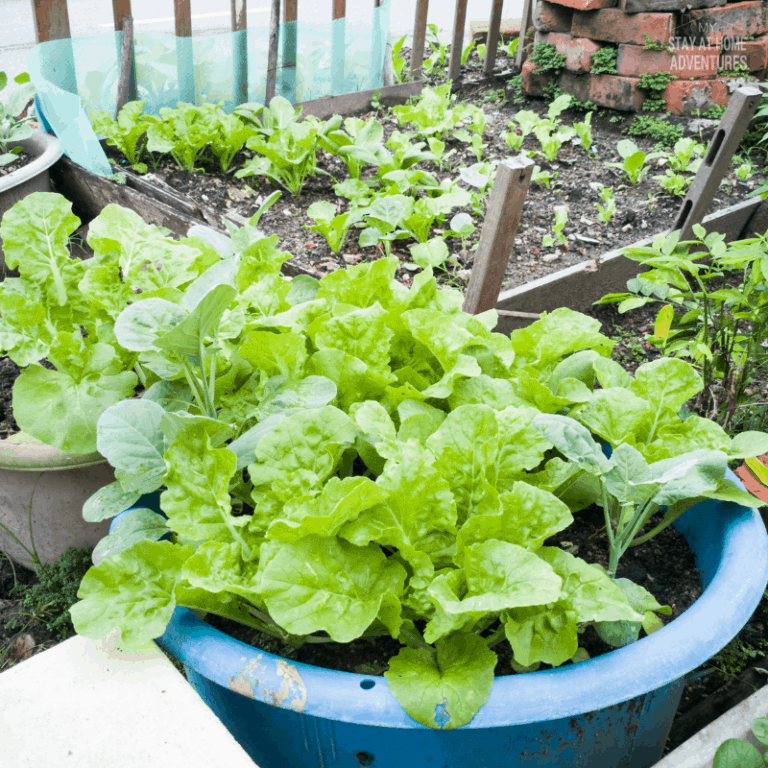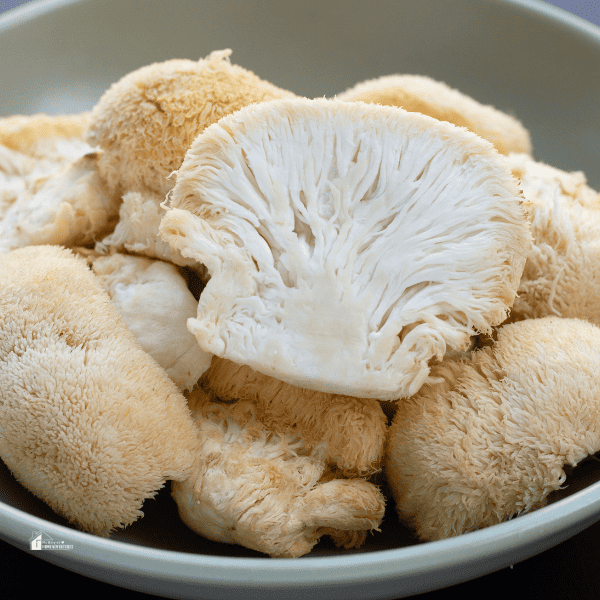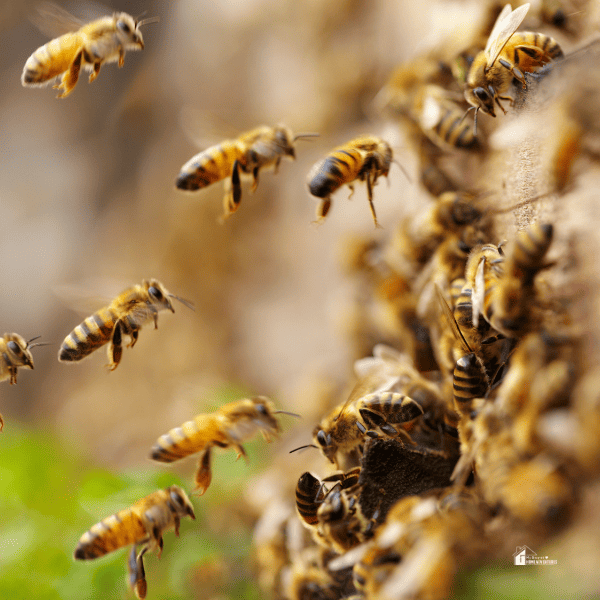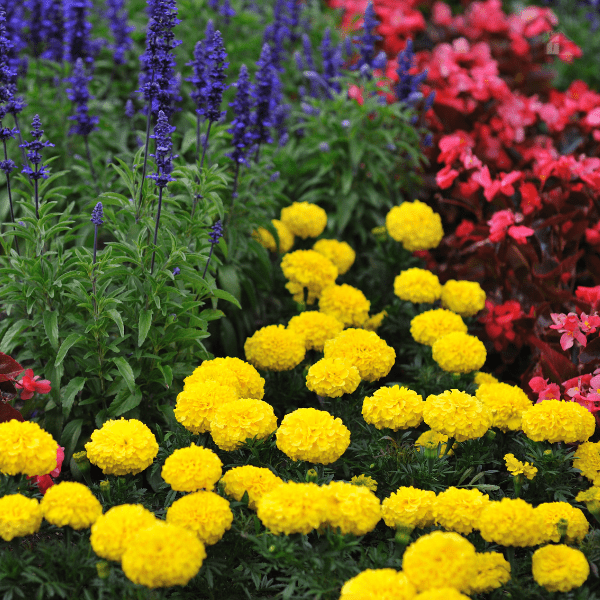What Does a Medicinal Garden Do? (Plus 10 Benefits)
This post may contain affiliate links which might earn us money. Please read my Disclosure and Privacy policies hereA medicinal garden is not just a beautiful garden but also a garden with a specific purpose. It is a place where plants are grown for their therapeutic and medicinal properties.
People have relied on nature to heal their ailments since ancient times, and the medicinal garden is a way to continue this tradition.
In today's world, staying healthy has become more important than ever, and people are increasingly turning to alternative medicine. The medicinal garden allows people to access natural remedies easily while also enjoying the beauty and serenity of a well-curated garden space.
Let's explore what exactly a medicinal garden do and why it's essential for our well-being.
Please read: 16 Best Medicinal Garden Plants To Grow
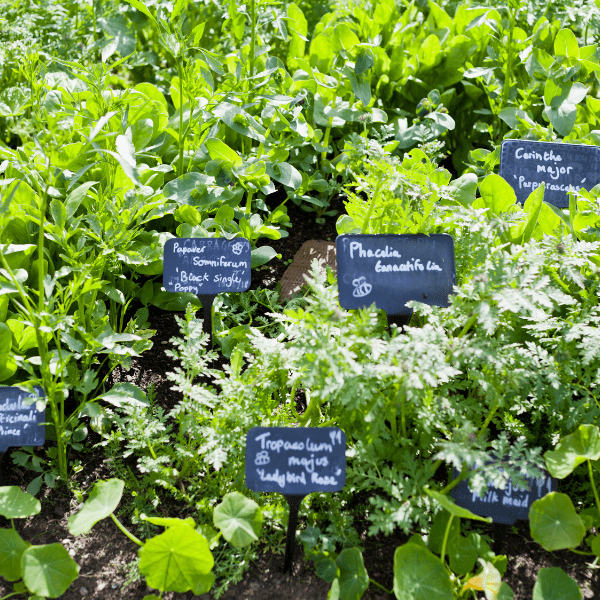
What Does a Medicinal Garden Do?
A medicinal garden serves as a practical and natural way to promote physical and mental health. It provides easy access to various medicinal herbs that can be used to treat various illnesses and ailments.
Whether curated indoors or outdoors, a medicinal garden is designed to offer an array of natural remedies for everyday use.
Not only can a medicinal garden aid in relieving symptoms of sickness, but it can also provide a calming environment that can help alleviate stress and promote relaxation. Additionally, planting a medicinal garden can promote a deeper understanding of our native flora and the traditional uses of these plants in medicine.
By designing a medicinal garden, you can create your own personal pharmacy right in your backyard or windowsill.
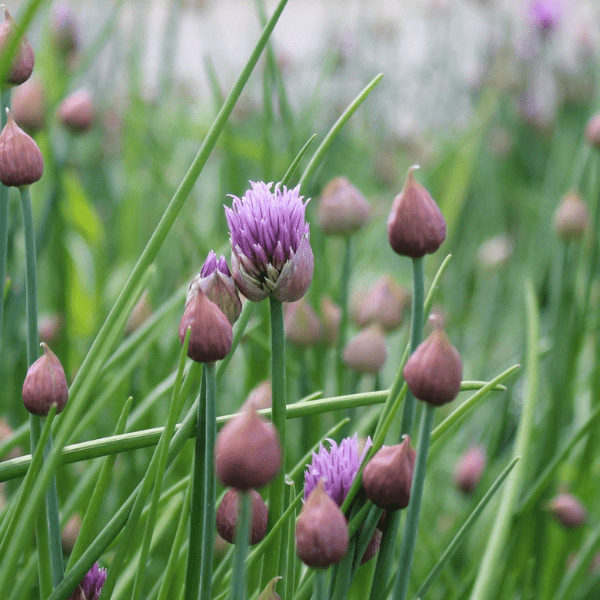
Introduction to Medicinal Gardens
A medicinal garden is a garden space where medicinal plants are grown and used for their health benefits. These gardens can combine indoor and outdoor containers or garden spaces. Medicinal herbs are plants that have been used for centuries to support overall health and well-being.
Scientific testing has shown that many of these herbs positively treat various ailments or symptoms. Designing a medicinal herb garden can be a fun and rewarding experience.
Follow the steps outlined in this post, including understanding the health benefits of medicinal herbs, designing your garden, and exploring ways to grow, harvest and use your homegrown remedies.
Medicinal gardens can also be a stress reliever and a way to promote understanding of native plant species.
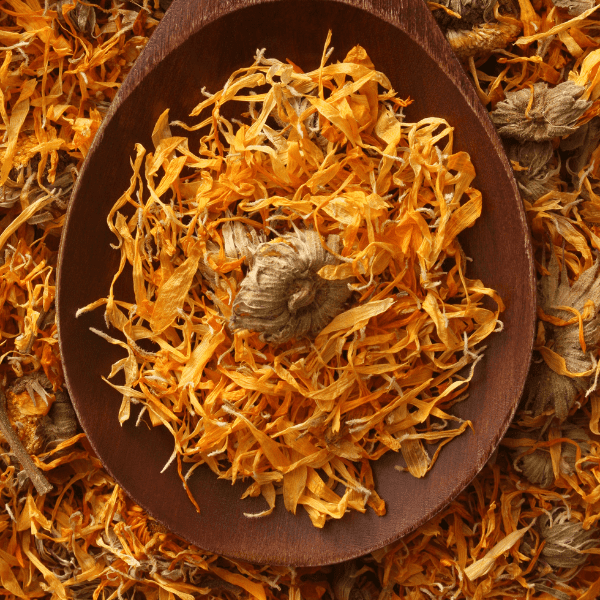
Health Benefits of Medicinal Herbs
Medicinal herbs have been used for centuries for their health benefits, and having a medicinal garden in your backyard can provide easy access to a variety of healing plants.
Aside from enhancing brain function and potentially warding off Alzheimer's, many herbs can also improve overall health and well-being.
Growing your own organic herbs can provide fresh, nutrient-rich additions to your diet, as many herbs contain healing compounds and cancer-fighting antioxidants.
Creating a medicinal garden can also be a stress reliever and mood enhancer, as the act of caring for plants and being in nature can improve mental health.
Additionally, exploring native plants in your area through a medicinal garden can promote a better understanding and appreciation of the natural world.
Designing an indoor or outdoor herb garden container or harvesting home remedies are also great options for incorporating medicinal herbs into daily life.
Overall, a medicinal garden offers many benefits for both physical and emotional health.
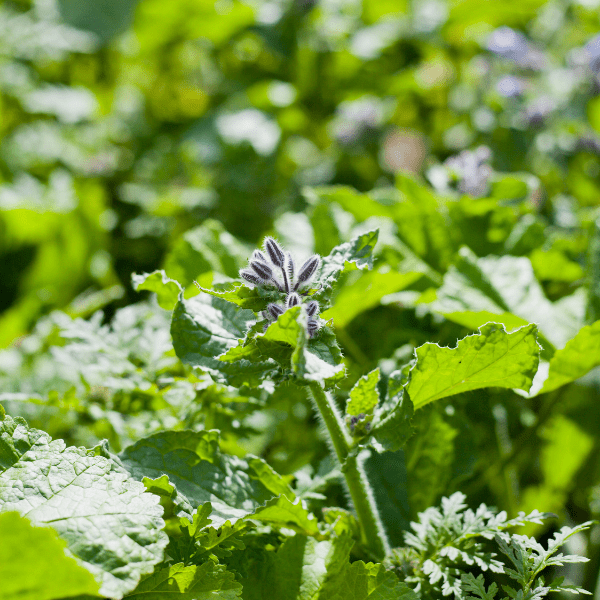
How to Design a Medicinal Herb Garden
Once you have decided to plant a medicinal herb garden, it is important to plan its design carefully. Group the herbs according to their needs, such as water and sun requirements.
An herb spiral can be started by making a mound of good soil about 3 feet high and 5 feet across, then placing fist-to-head-sized rocks around the perimeter. This allows for good drainage and strong root systems.
If using raised beds, divide the space into one-foot segments.
Adding compost or organic matter to your soil helps improve fertility and provides your plants with necessary nutrients.
Remember to consider the pH level of your soil as well.
By thoughtfully designing your medicinal herb garden, you can ensure a successful harvest of homegrown remedies for various health concerns.
The Health Benefits of Medicinal Herbs
Medicinal herbs have been used for centuries in traditional medicine and are still widely used today for their numerous health benefits.
From turmeric, with its powerful antioxidant and anti-inflammatory properties, to chamomile, known for its calming effects, herbs can help prevent and treat various health conditions.
They are completely natural and can be an effective approach to healing and health support when prescribed in the right dosage.
Additionally, herbs such as clove, rosemary, sage, oregano, and cinnamon are excellent sources of antioxidants, effectively improving memory and focus.
Other herbs, such as holy basil and green tea, have been shown to relieve stress and combat fatigue. Overall, the health benefits of these medicinal herbs are numerous and can significantly improve one's well-being.
Creating Indoor and Outdoor Herb Garden Containers
Now that you know the health benefits of medicinal herbs and how to design a medicinal herb garden, it's time to get started with container gardening. Herbs can thrive in containers and add to indoor and outdoor spaces. When selecting pots, ensure they have proper drainage to prevent root rot.
Thyme, parsley, and basil are perfect container herbs for beginners. For those short on space, a strawberry planter can be repurposed to grow low-growing herbs such as oregano, thyme, or mint.
Large pots with several pockets can also be used to create herb gardens with different themes, such as a “pizza” garden or an Herbes de Provence container garden.
You can even combine herbs with other small plants in a self-contained container like a grow bag or hanging basket.
Not only will container gardening provide you with fresh herbs all year round, but it can also add a touch of natural beauty to your living spaces.
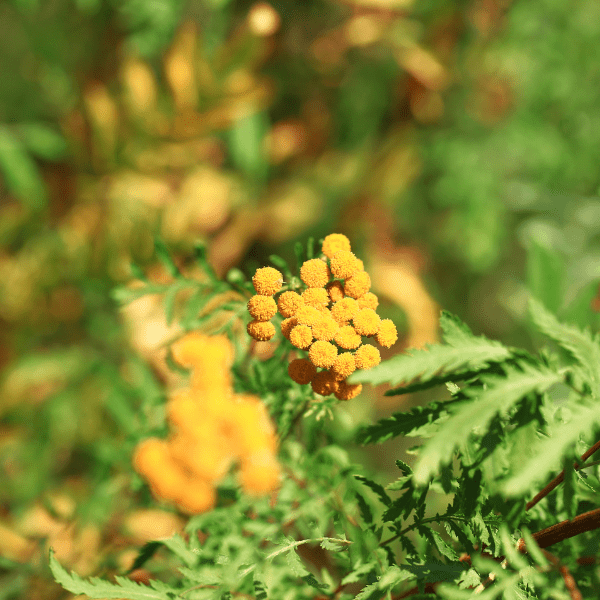
Growing and Harvesting Home Remedies
Once you have designed and planted your medicinal herb garden, the next step is growing and harvesting your home remedies. This may seem daunting, but even novice gardeners can concoct simple remedies such as teas and salves using the herbs from the garden.
Growing your own remedies means learning how to harvest each herb and imbibe it in a way that will produce the desired medicinal effect.
Luckily, there are plenty of resources available online and in books to guide you through the growing and harvesting process.
With practice, you can soon become skilled at using your own homegrown remedies to treat various ailments. Not only is this a cost-effective solution, but it is also a satisfying way to take charge of your own wellness.
Factors to Consider for Outdoor Medicinal Gardens
To ensure its success, several factors must be considered in designing an outdoor medicinal garden. One of the most important factors is the amount of sunlight the plants will receive. Most herbs require 6-8 hours of sunshine daily to grow properly.
Another important consideration is soil drainage. Well-drained, slightly alkaline soils are ideal for most medicinal herbs, so adding aged compost to your garden bed is recommended. Adding a bit of sand can improve soil drainage if your soil is heavy clay.
It's also important to position the garden in an easily accessible area, as medicinal herbs often require frequent harvesting.
And while each medicinal herb garden should be designed to meet the unique needs of the gardener, it's important to start small and choose plants that will complement and not compete with each other.
Considering these factors, an outdoor medicinal garden can be a thriving source of homegrown remedies.
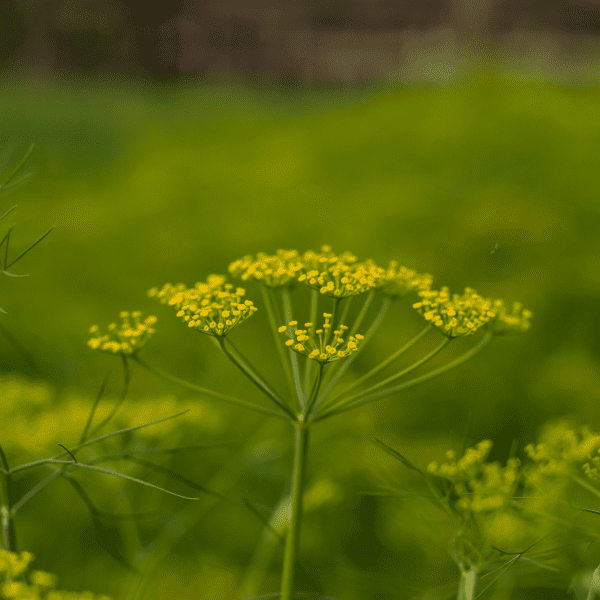
Medicinal Garden as a Stress Reliever and Mood Enhancer
A medicinal garden is not just about growing plants that can treat illnesses and diseases. It can also be beneficial for one's mental and emotional health. Gardening has been proven to be a great stress reliever and mood enhancer.
Spending time in nature and focusing on the present gardening tasks can help reduce stress and anxiety levels.
The scents and aromas of medicinal herbs such as lemon balm and echinacea can also calm the mind and body. The act of tending and caring for plants can provide a sense of accomplishment and purpose, which can increase self-esteem and overall well-being.
A medicinal garden can promote a sense of connection to the natural world and life cycles, which can also positively impact one's mental health.
Medicinal Garden for Promoting Understanding of Native Plants
A medicinal garden provides natural remedies for various ailments and promotes a deeper understanding of native plants. By cultivating a medicinal garden, individuals can connect with the indigenous flora of their region and learn about their traditional uses.
This type of garden can serve as a teaching tool for educating others on the important role of native plants in healthcare and the environment.
Additionally, promoting the use of native plants in medicine can help preserve and conserve these species for future generations. Overall, a medicinal garden is a multifunctional space for healing, education, and conservation.
Gardening posts you might enjoy:
- 4 Easy-to-Grow Culinary Herbs Ideal for Beginners
- 15 Beginner Gardener Books We Must Read This Season
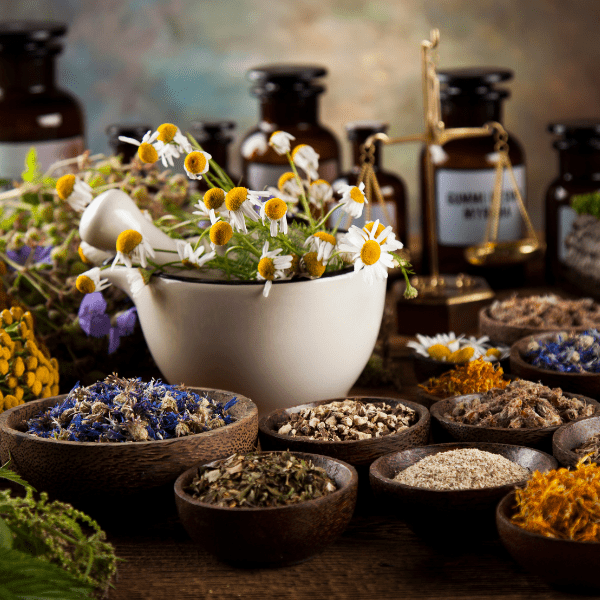
Ten Benefits Of Having A Medicinal Garden
Herbs have many uses. For culinary purposes, they can be used as seasonings and flavorings. For health purposes, they can be medicinal and aromatherapy.
Therefore, having a medicinal garden can get you a lot of advantages for the many benefits it can serve.
1. Always fresh
It is very easy to buy herbs from grocery stores that can be tagged as fresh. Yet you don’t know when they were picked.
Having your own medicinal garden, you can always guarantee you are using the freshest ones. They are right there; you can pick them up when needed.
2. Better food
When they are fresh, they taste better. Herbs are great enhancers to stews, grilled, fried, and soups. They can be an ingredient in marinades or rub the herb on meats before cooking. Examples are tarragon, dill, basil, bay laurel, oregano, lavender, peppermint, and rosemary.
3. A great way to exercise
These plants reward you with the best nutrients and heal your body after caring for them. Moreover, while caring for these plants, you also do some exercises.
Walking around the plants, bending, squatting, stretching, using a little force by shoveling, tending, and carrying gardening are already good exercises.
4. Stress reliever
Just looking at your medicinal garden already made you relax. The sense of accomplishment of growing the plants, viewing the different shades of greens and beautiful colors of their flowers and scents, is a great way to relieve stress.
5. Money saver
Some types of plants are expensive when we buy them. And some are rare and we still need to buy them online, and shipping fees will add to the expenses. If you have these medicinal plants that you need, you will definitely save a lot.
6. Earning opportunity
A lot of time, we grew extra plants to make sure we had enough. But there are times when we cannot consume all of them. Of course, we don’t want them to go to waste. You can offer them to your neighbor and friends.
Surely they would love to have those fresh herbs and medicinal plants. Later on, they will know who can grow herbs. This is a good opportunity to earn by selling some of your extra plants.
7. More to learn
You will enjoy learning more about the plants, how to grow them better, and the recipes where you can use them besides using them as your medicinal tea. You may be able to notice some of the plants growing better on some soil mixtures, how long they will stay under direct sunlight, or how much water they need.
In the future, you can grow better plants. You will also discover that a certain herb can make a certain soup taste better when you try to include those. Isn’t it fun?
8. Getting more varieties
As you go on with your medicinal garden, you will be able to learn more varieties of your medicinal garden plants, such as basil which has different varieties and is very easy to grow.
Besides sweet basil, there is also holy basil called tulsi, lettuce leaf basil, purple ruffles basil, dark opal basil, Greek basil, lemon basil, African blue basil, and a lot more.
Some people are making a collection of these and other medicinal plants that have different varieties
9. Beautification
One of the many purposes of plants is to make the surroundings prettier, inside of your home or outside. Having medicinal garden plants serves not only for treatment and health purposes but also to beautify the surroundings.
These plants have gorgeous flowers, too. If not flowering, their foliage gives nice hues and patterns.
10. Fun
Medicinal garden plants make you healthy; the garden relieves stress, and you can create better recipes and better food flavors, and you can save by having them just around you and an earning opportunity.
More so, you have a better-looking backyard and garden. You must be having fun!

